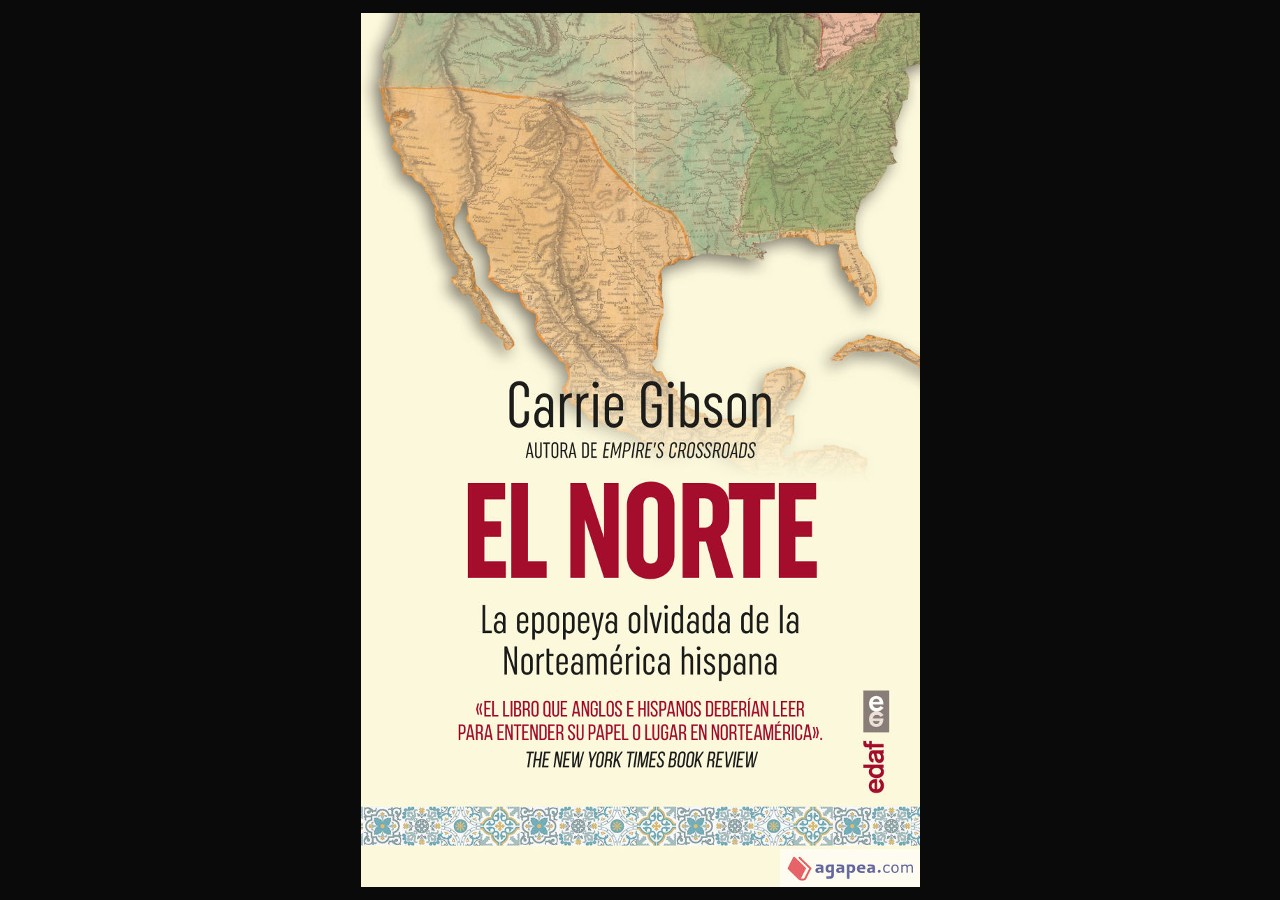
‘El Norte,' an epic and timely history of Hispanic North America, is published in Spanish
Author Carrie Gibson thinks the United States should consider itself part of Latin America
In 1883, Walt Whitman meditated on his country’s Spanish past: “We Americans have yet to really learn our own antecedents, and sort them, to unify them,” predicting that “to that composite American identity of the future, Spanish character will supply some of the most needed parts.”
That future is here, as U.S.-born, UK-based writer Carrie Gibson exposes in her 2019 book El Norte, recently translated into Spanish.
"The United States should consider itself part of Latin America," Gibson told EFE during a book presentation in Madrid, in February.
RELATED CONTENT
Because of our shared English language, as well as the celebrated origin tales of the Mayflower and the rebellion of the British colonies, the United States has prized its Anglo heritage above all others. However, as Gibson, a former reporter at The Guardian, explains with great depth and clarity in El Norte, the nation has much older Spanish roots — ones that have long been unacknowledged or marginalized.
The Hispanic past of the United States predates the arrival of the Pilgrims by a century, and is every bit as important in shaping the nation as it exists today.
El Norte, as its southern neighbors, such as Mexico, refer to the United States, chronicles the sweeping and dramatic history of Hispanic North America from the arrival of the Spanish in the early 16th century to the present ― from Ponce de Leon’s initial landing in Florida in 1513 to Spanish control of the vast Louisiana territory in 1762, to the Mexican-American War in 1846, and up to the more recent tragedy of post-hurricane Puerto Rico and the ongoing border acrimony with Mexico.

"The Spanish are part of the history of the United States, just as they are part of the history of Mexico and Mexico is part of the history of the United States, there is a big link between the three," she explained to EFE while presenting the Spanish edition of her book in Madrid.
Interwoven in this stirring narrative of events and people are cultural issues that have been there from the start, but are unresolved to this day: language, belonging, community, race, and nationality. Seeing them play out over centuries provides vital perspective at a time when it is urgently needed.












LEAVE A COMMENT: